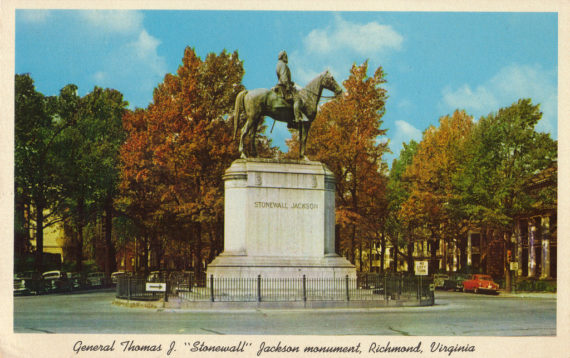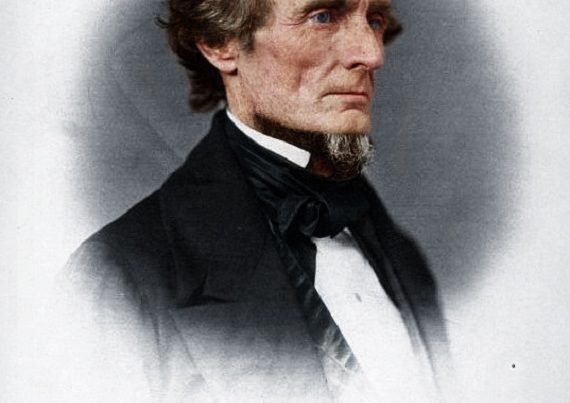
“To those who are ignorant of the jurisprudence of their country can have no taste for reasoning…”
Pliny the Younger
Gaius Plinius Caecilius Secundus was born roughly 61 A.D, to Lucius Caecilius Cilo and Plinia Marcella in a small village in Northern Italy called Como. Pliny became a Politician, a judge, an author, and a revered sage amongst the many Roman historians who have been spoken of by those who have written modern commentaries on the origins of the government that was originally intended by the American founding fathers. Constitutional historians of Americas early republic like Forrest McDonald in his “Novus Ordo Seclorum,” and Mel Bradford in his “A teaching for republicans: Roman History and the Nation’s First Identity,” have recognized the crucial importance that these figures from Roman antiquity had to the framers based on what they knew and studied. Neither reason nor experience could be challenged, because of the long history already written before them. Bradford so eloquently put, “For the gentlemen of the eighteenth century, Rome was the obvious point of reference when the conversation turned to republican theory. The Swiss, the Dutch, the Venetians and (of course) the Greek City States sometimes had a place in such considerations. And in New England the memory of the Holy commonwealth survived. Yet Rome has been the Republic, one of the most durable and impressive social organisms in the history of the world.” Rome had so much significance to the American Founders that one could have written the past, present, and future of our own republic, according the Rise and Fall of Rome as seen by Polybius in Books I and II.
Apart from the American founders, the others before them; who having studied professionally the subject of Law, had also taken note of these early historians. During the 17th and 18th centuries, Lawyers, Judges, and authors such as Emer de Vattell, William Blackstone, and Henry Grotius in their own commentaries of English and International Law, lay heavy favor on both classical Roman and Christian philosophers and commentators. Pliny the Younger was amongst these men and while only 247 letters of his survived, the significance of them are often over looked by the shadow casted by his own uncle; Pliny the Elder. Pliny the Elder who is rumored to have died while staging a rescue mission at the dawn of Vesuvius. Besides his many works, Pliny left behind a will and adoption to his nephew in which Gaius Plinius Caecilius Secundus took his name and thus creating the sagacity of Pliny the Younger.
Pliny in his old age tackled many subjects and was a renowned speaker, teacher, and writer. The many letters spoke of dream interpretation, law, advice to Caesars, his own law cases, physical beauty of the different areas of the Roman republic, and memorials. Within the category of memorials, Pliny brings into to the spotlight, one subject which he saw as one of the most crucial aspects for the survival of not only the republic itself but for the perpetuation of Roman character, virtue, and tradition. Things that have long been a beacon of progress and success laid down before them by old Roman warriors and Kings like their great founders; Romulus, Remus, and even Numa Pompilius. The men whom Pliny would speak of, were also the same men that our Southern Generals strove to embody. Pliny the Younger’s words, looked past the anecdotal explanations and saw to the heart of why these monuments are created and why they should stay exactly where they stand.
Pliny in a letter to Pompeius Saturninus observed that, “if mankind are not very favorable to panegyric, even when bestowed upon others, how much more difficult is it to reconcile them to it when it is a tribute which we pay to ourselves or to our ancestors.” Finding a rather “dangerous and slippery situation…..even when one is led into it by plea of necessity.” Pliny wrote that, “Virtue by herself, is generally the object of envy, but particularly so when Glory and distinction attend her.” Pliny would often refer to these men; who as he said left material out when speaking of history, found eloquence and learned writings as a waste of their time, and submerged themselves in material or temporal words, as lazy. Noting that, “If they cannot blast the action, they will censure its display; and whether you do what does not deserve particular notice, or set forth yourself what does, either way you incur reproach.”
The great sage would incorporate that letter in to another which was addressed to Macrinus. This letter was under the subject of recent Senate decree that had been passed to honor Titus Vestricius Spurinna with a great Statue. Spurinna himself being a great role model to Pliny the Younger. Spurinna in all his glory would forcibly restore the throne back to the King of the Bructeri. However this decree was more so according to Pliny a memorial to the son of Spurinna; Cottius, who died at a young age. With the statue to Spurinna being voted on, they equally voted on a statue to the youth. Pliny would say that this statue, “Honours, if I am not mistaken, conferred not only to perpetuate the memory of the deceased youth, and in consolation to the surviving father, but for the sake of public example.” That example bringing with it the hopes of rousing and stimulating, “our young men to cultivate every worthy principle, when they see such rewards bestowed upon on their own years, provided he deserve them; at the same time that men of quality will be encouraged to beget children and to have the joy and satisfaction of leaving a worthy race behind, if their children survive them, or of so glorious a consolation, should they survive their children.”
Pliny would finish his reasoning for the necessity of monuments with, “for if having the pictures of the departed placed in our homes lightens sorrow, how much more those public representations of them which are not only memorials of their air and countenance, but of their glory and honour.”
Pliny the Younger understood as we all do, that though there may have been words spoken that throw postmodernist into a certain psychosis due to their inability to understand them. The monuments themselves were and are there first to show all of those who want to reimagine the war with intent to censor and erase the Southern culture or tradition. Those postmodernist use the method of junk history and political narratives in order to accomplish their attempts, which calls us once more on the battle field where our ancestors once stood. We will as Jeff Davis uttered before his death contend once more. The monuments; secondly, were not meant to immortalize the people though they were in retrospect people worth remembering. It was the deeds, honour, and character that the monuments bore, in which we should all strive to be and accomplish. Regardless of what people think they hold a certain metaphysical aspect that supersedes the person or people the monument is dedicated to. Thirdly when the monuments were put up, the Southern morale was down. Reconstruction had been and still was battering our ancestors to death. What better than to raise a monument and bring that same spirit they had shown during the war and the same remembrance of those men back. Now for those who try to argue that they were there to intimidate, the answer would be yes. However they were not there to intimidate the certain “race” of people that are currently trying to erase or “censure” the monuments. In fact the economic statistics wildly debunk that theory. However as Pliny would make known to Tacitus, “to fix the standard by their laziness and false delicacy would be simply ridiculous.”







One Comment